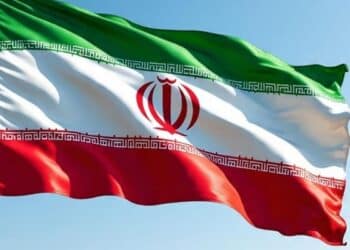More Difficulties For Households, Savers As Inflation Hits 15.6% In May get lower than the rate of inflation.
The National Bureau of Statistics (NBS), on Tuesday said the Consumer Price Index (CPI) increased to 15.6 per cent in May from 13. 7 per cent in April.
A report released by the NBS in Abuja said that the CPI, which measures inflation, recorded a relatively strong increase for the fourth consecutive month.
The report said that the Headline Index increased to 15.6 per cent year-on-year, which was 1.9 per cent points higher from rates recorded in April (13.7 per cent).
“The increase in rates in May relative to April reflects an overall increase in general price level across the economy as all divisions which contribute to the Headline Index increased at a faster pace in May.
“ Year on year, electricity rates as well as other energy prices continue to manifest as key drivers of the Core component of the CPI.
“The Core sub-index increased to 15.1 per cent in May, up by 1.7 per cent points from rates recorded in the previous month.
“During the month, the highest increases were seen in the passenger transport by road, Liquid Fuel (kerosene), fuels and Lubricants for Personal Transport Equipment (Premium Motor Spirit) and Vehicle Spare Part groups,” it said.
It further stated that imported foods as well as a drawdown of inventories across the country continued to push food prices higher.
This is as Food Sub Index increased to 14.9 per cent in May, up by 1.7 per cent points from rates recorded in April.
The report said that the food sub index increased as all major food groups which contributed to the food sub-index increased at a faster pace.
“This is driven by higher food prices in fish, bread and cereals, and vegetables groups for the second consecutive month.
“In addition, the Imported Food Sub-Index increased by 18.6 per cent in May, compared to 2.2 per cent points from rates recorded in April,” it said.
Economic experts frown at high inflation because of it damaging economic effects. For instance, it has a regressive effect on lower-income families and older people in society. This happen when prices for food and domestic utilities such as water and heating rises at a rapid rate
Also, they explain that if interest rates on savings accounts are lower than the rate of inflation, then people who rely on interest from their savings will be poorer.
According to experts, in order for your money to be “worth” the same amount, savers will need the income they receive (in wages, pension, etc.) to increase by at least the rate of inflation each year.
Similarly, any “stored” wealth, such as home or money invested will need to grow by at least the rate of inflation, too. If it doesn’t, the money will be losing value in real terms.









